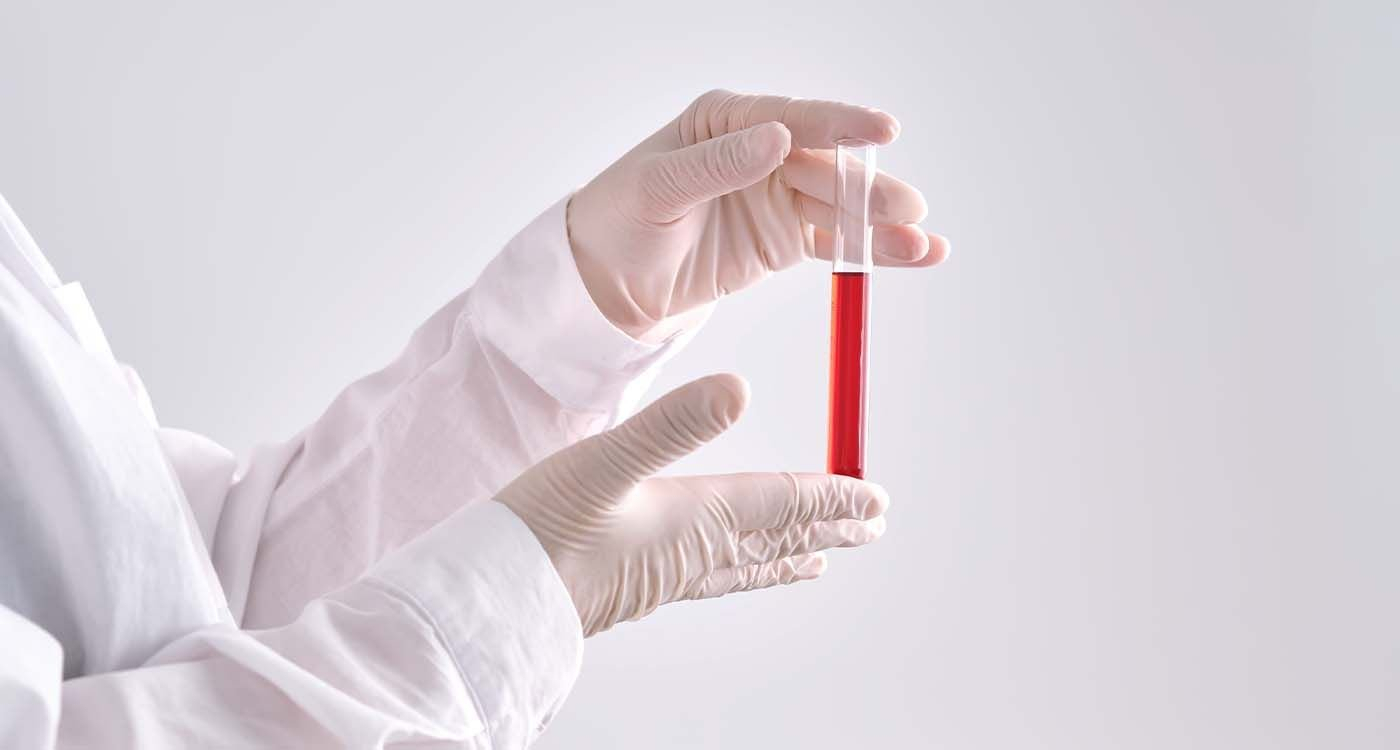What Is Gwada Negative? The World’s Rarest Blood Group Discovered in Guadeloupean Woman
A woman born in the French Caribbean island of Guadeloupe has a blood type that scientists have never seen before. This new blood group, now named “Gwada negative,” was officially recognized by the International Society of Blood Transfusion (ISBT), making it the world’s 48th known blood group system.
The woman, now 68 and living in Paris, was first tested in 2011 before a surgery. Doctors noticed that her blood didn’t match any known type. Tests showed an unusual antibody, but at that time, technology couldn’t explain it.
Years later, in 2019, French scientists used advanced DNA tools to retest her blood. They found a rare mutation in a gene called PIGZ. She got this change from both her parents. This mutation affects how proteins stick to red blood cells.
This makes her blood truly one of a kind. “She is the only person in the world who can receive her own blood,” said Thierry Peyrard, a lead expert at France’s national blood service.
The name “Gwada negative” honors her Caribbean roots. It was also chosen because it sounds simple in many languages, making it easy for doctors and scientists to use worldwide.
Most people know about A, B, AB, or O blood types. But these are only part of a larger system. Red blood cells carry over 600 markers, called antigens. These create different blood types, and “Gwada negative” is the latest one added to the list.
New discoveries like this are possible today because of powerful gene-scanning technology. Experts believe more rare blood types may be found in the future. This is important, as having the right blood type is critical for safe transfusions.
In most cases, common blood types are enough. But people with rare types can be in danger if the right match is not found. In the U.S. alone, over 14 million units of blood are used each year. That’s why knowing more about blood groups helps save lives.
Doctors are now trying to find others who may carry this rare blood group. They’re searching mostly in Guadeloupe and nearby areas, where people may have similar ancestry.
This discovery could help improve medical care for others with rare blood, and it shows how science is always learning more about the human body.

